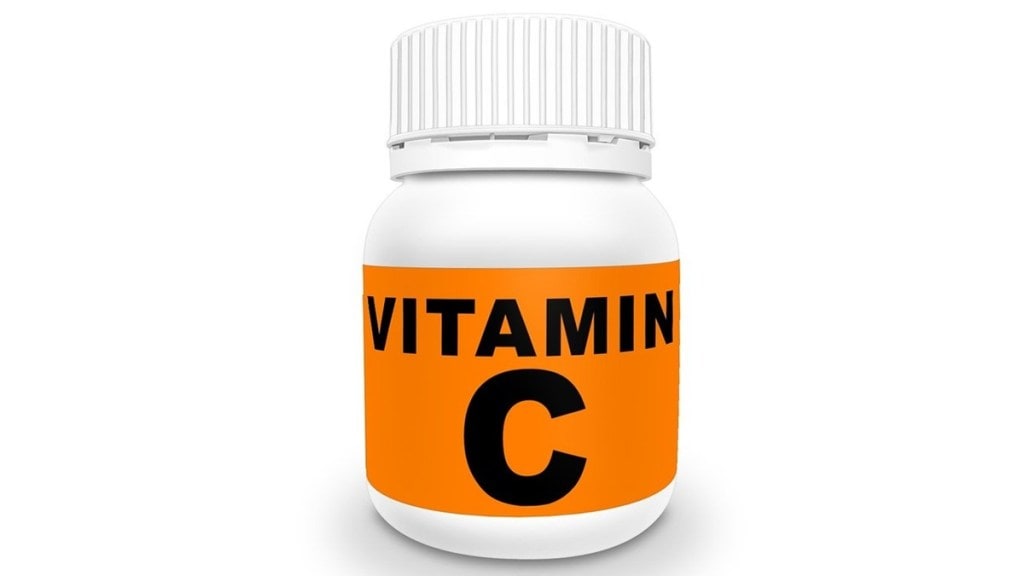Vitamin C or ascorbic acid plays a crucial role in the proper functioning of our immune system. Consequently, many people believe that popping vitamin C supplement when we feel under the weather, or as a preventative method when the weather gets cooler will protect them from catching cold.
Over the years, many scientists tried to determine the exact effect of vitamin C on common colds, but their findings were mostly disappointing.
Studies suggest that although not fully proven, large doses of vitamin C may help reduce how long a cold lasts. Moreover, large doses of vitamin C do not protect against getting a cold. Vitamin C may also be helpful for those exposed to brief periods of severe or extreme physical activity.
The likelihood of success may vary from person to person. Some people improve, while others do not. Taking 1000 to 2000 mg per day can be safely tried by most people. However, taking too much can cause stomach upset.
An analysis of 29 studies including 11,306 participants concluded that supplementing with 200 mg or more of vitamin C did not reduce the risk of catching a cold, as per study published in PubMed Central.
However, regular vitamin C supplements had several benefits, including:
- Reduced cold severity: They reduced the symptoms of a cold, making it less severe.
- Reduced cold duration: Supplements decreased recovery time by 8% in adults and 14% in children, on average.
The study also suggested that a supplemental dose of 1–2 grams was enough to shorten the duration of a cold by 18 percent in children, on average, as cited by Healthline.
Doctors emphasise that in order to meet your basic nutrient requirements, whole foods are generally a better idea. Good examples of healthy foods that are high in vitamin C include oranges, kale and red bell peppers.
